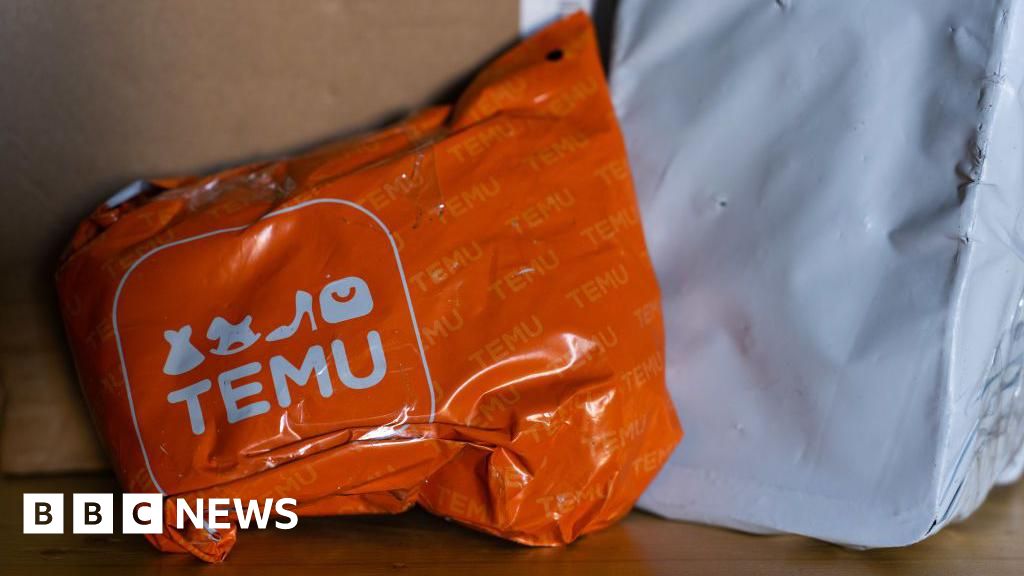Shein and Temu US Sales Shift Amid Duty-Free Rule Closure
The shift in Temu's shipping model and the closure of the duty-free exemption are expected to have significant impacts on US consumers and the e-commerce industry, with potential price rises and changes to the way goods are imported and sold. The move is part of a broader effort to crack down on illegal imports and protect US manufacturers, but its effects on the market and consumers remain to be seen.

Temu, a Chinese online marketplace, has announced that it will stop selling goods directly to US customers from China due to the closure of the "de minimis" exemption, a duty-free rule for low-value packages, and will instead have US-based sellers handle sales and fulfill orders from within the country.
The closure of the exemption is aimed at tackling the illegal importation of synthetic opioids like fentanyl, which is often hidden in low-value packages. The move is part of a broader effort by the US to crack down on Chinese imports, with tariffs of up to 145% imposed on some Chinese goods. US authorities have also blamed the success of firms like Temu and Shein for straining border authorities, with the number of packages entering the US under the exemption surging from 140 million to over 1 billion last year.
The closure of the exemption will result in higher taxes on packages sent to the US from mainland China and Hong Kong, with a 120% tax rate or a flat fee of $100 to $200. This is expected to lead to price rises for US consumers, with estimates suggesting an additional $8 billion to $30 billion in annual costs. The move mirrors similar actions in the UK and EU, where retailers are also facing increased taxes on low-value packages.
Temu's new business model may seem to align with US President Donald Trump's goal of bringing manufacturing back to the US, but it doesn't necessarily mean products are made in the US. The company has been building up its US warehouse portfolio to lower shipping times, and it doesn't publicly list its manufacturer partners. Some users have reported that items are already out of stock, and prices may be raised to make up for the loss.